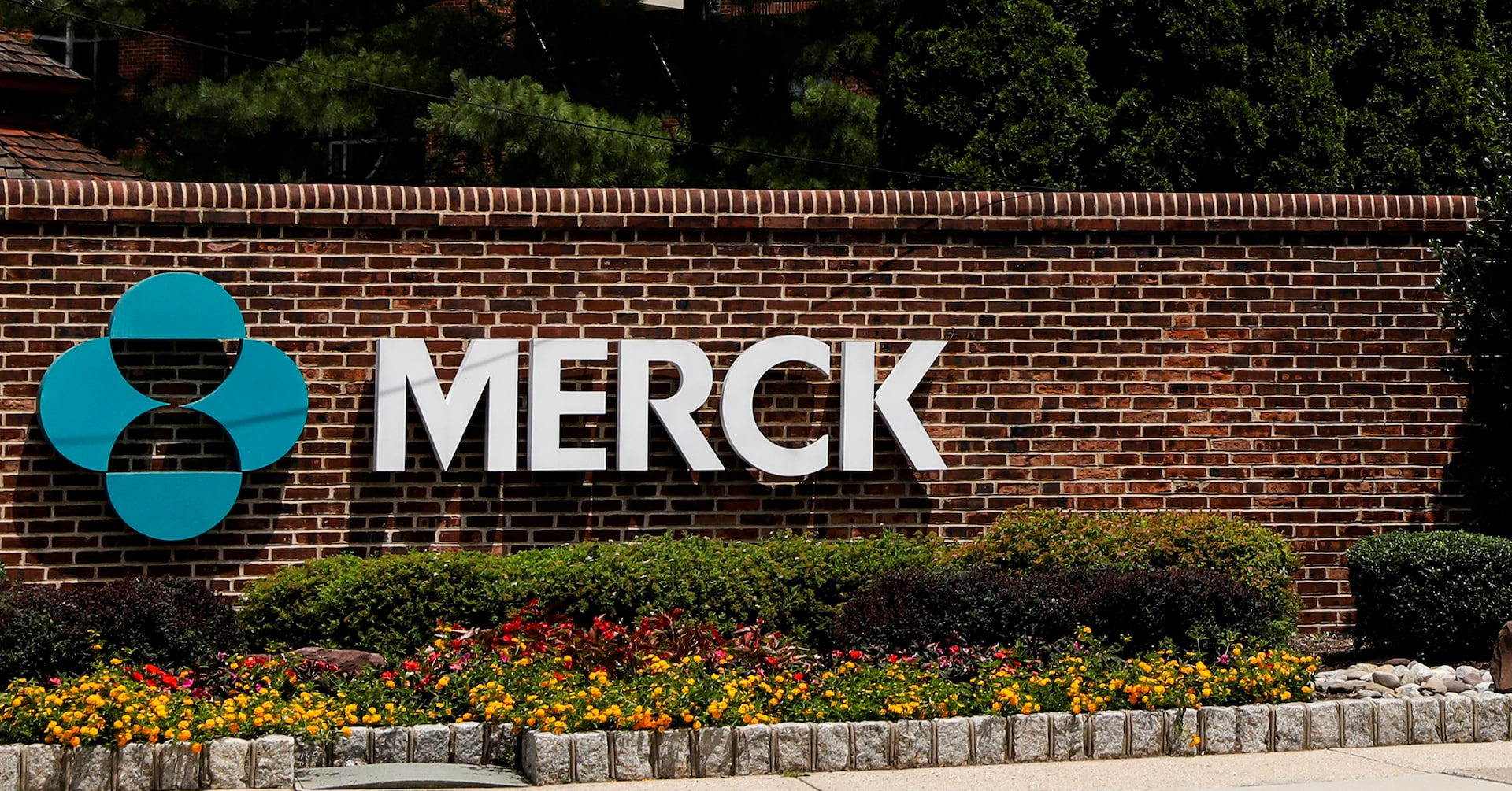Pharma Giant Merck Pumps $1B into Delaware, Supercharging US Manufacturing Landscape

In a strategic move to bolster domestic manufacturing, Merck & Co. is making a significant $1 billion investment in a cutting-edge production facility in Delaware. The pharmaceutical giant's expansion comes as a proactive response to the evolving trade landscape and potential challenges posed by tariff policies.
The substantial investment signals Merck's commitment to strengthening its U.S. manufacturing capabilities, potentially reducing reliance on international supply chains and positioning the company to navigate complex trade dynamics. By establishing this new plant, Merck aims to enhance its production flexibility and maintain competitive advantage in an increasingly complex global market.
The Wall Street Journal first reported the details of this major infrastructure investment, highlighting Merck's forward-thinking approach to manufacturing and economic uncertainty. This billion-dollar commitment underscores the company's long-term strategy of investing in domestic production and adapting to changing economic conditions.
